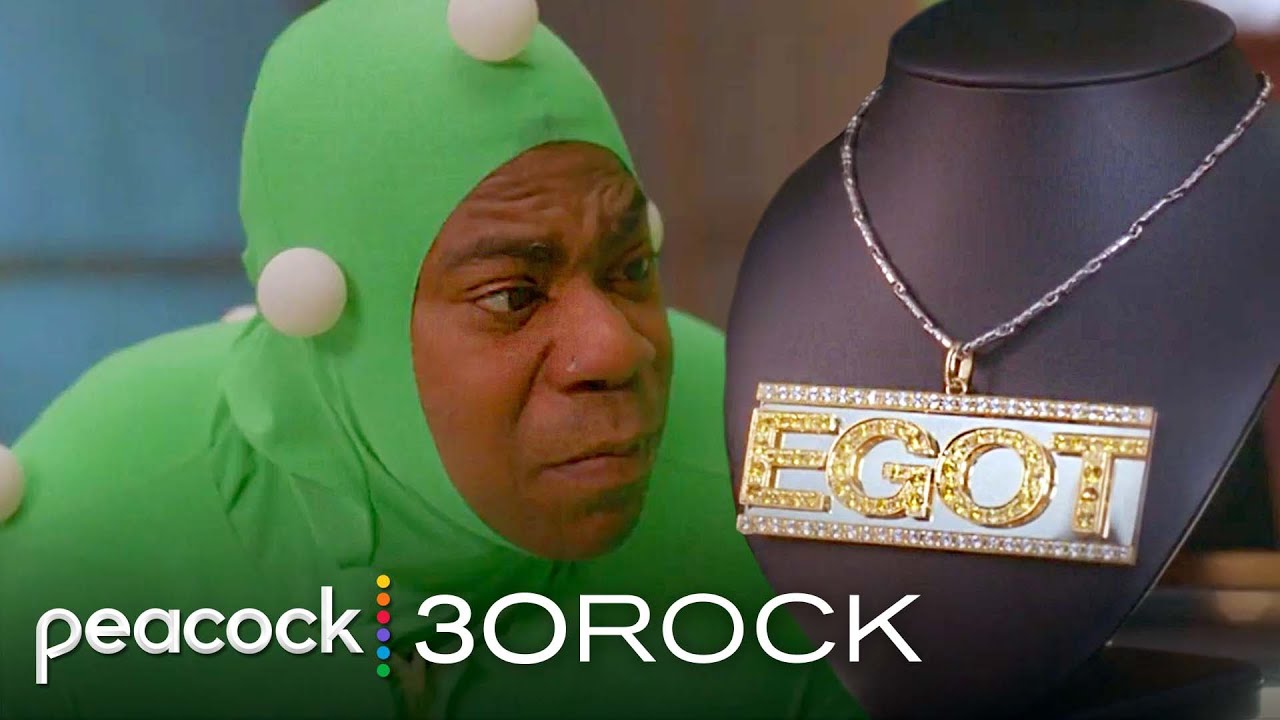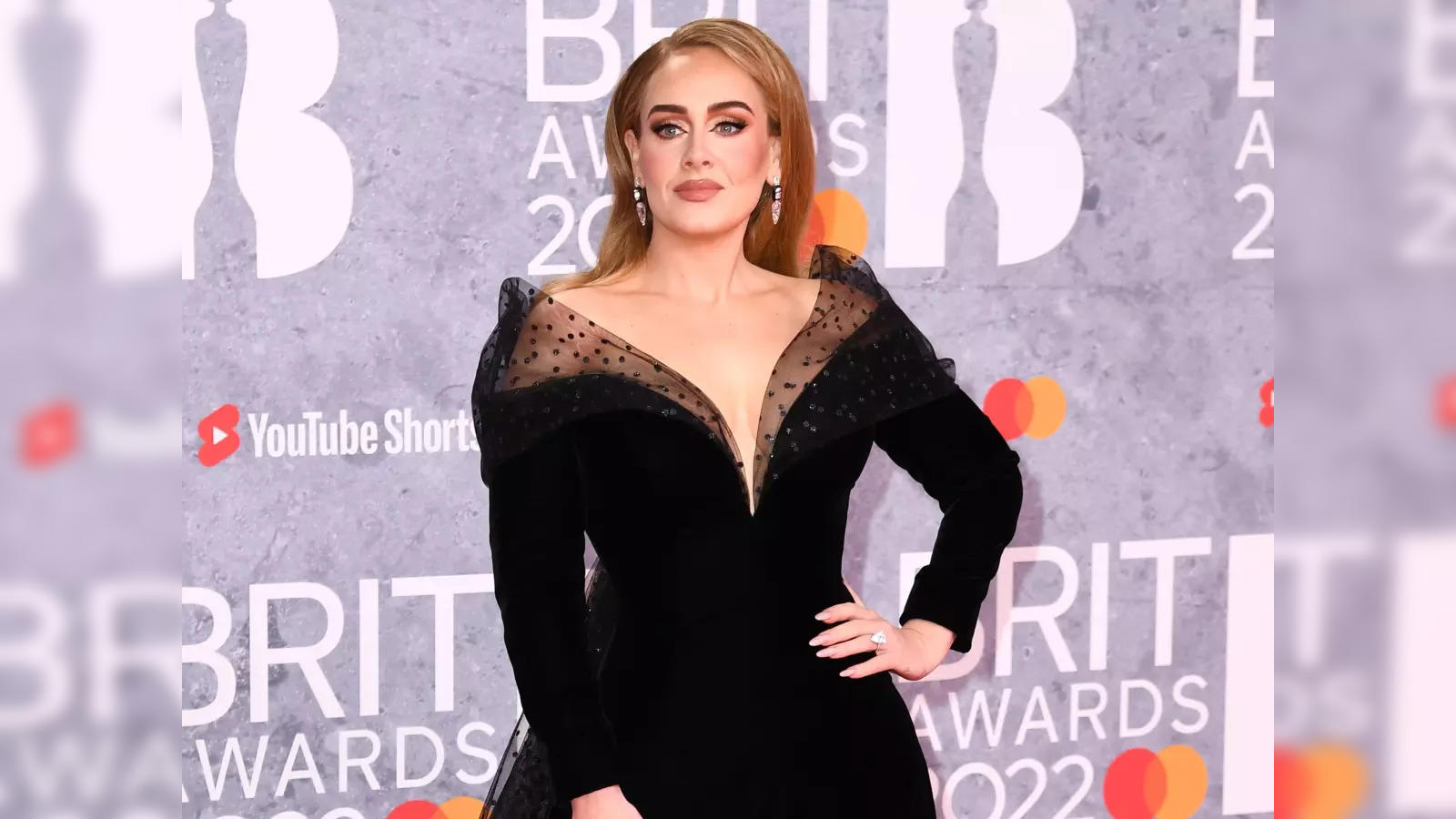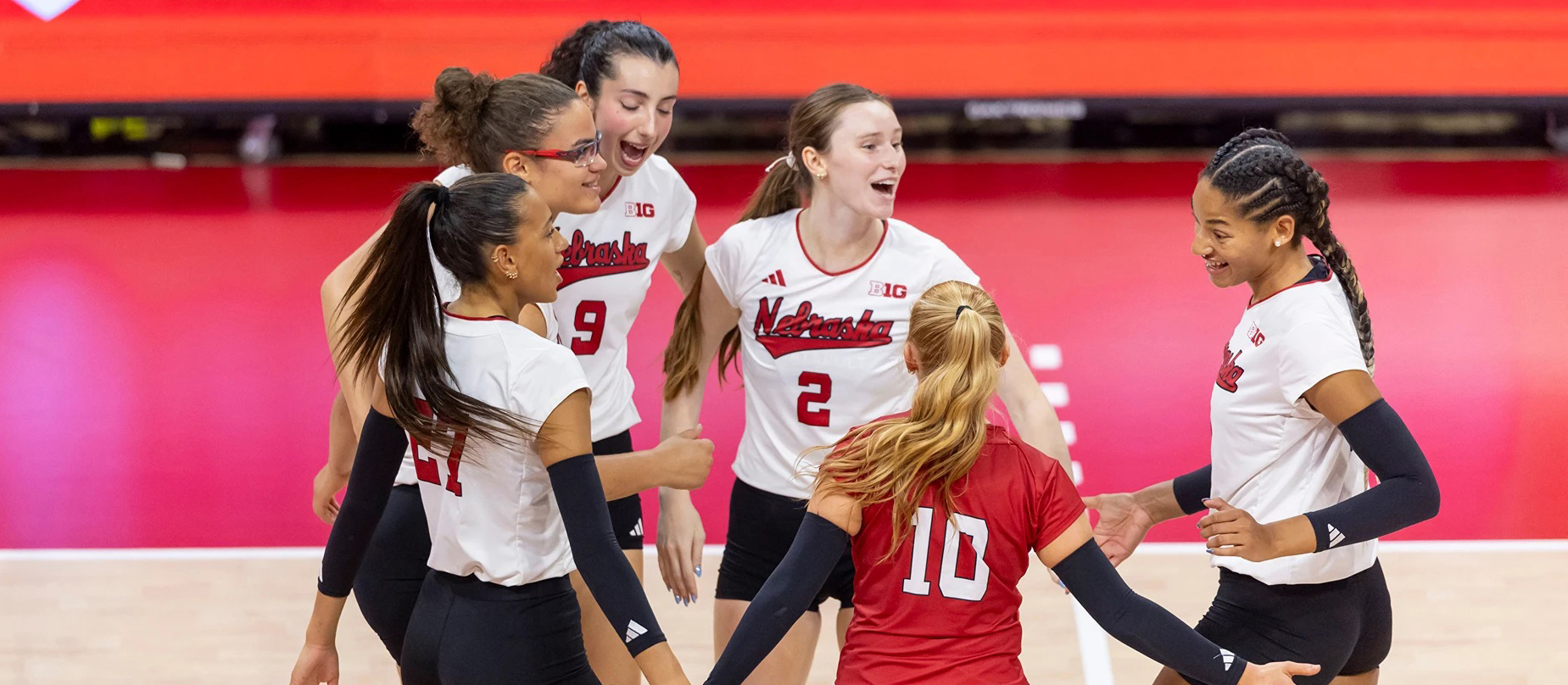The AVCA is proud to announce its 2025 Division I Women’s Volleyball All-Region teams and award winners.
There are 14 first-team All-Region members and an additional group of honorable mention selections for each of the 10 regions. A Player of the Year, Freshman of the Year, and Coach of the Year were selected for every region.
The 213 student-athletes who made All-Region represent 109 different schools. Nebraska leads the way with seven All-Region selections, followed by Pittsburgh and Stanford with six apiece. Florida, Kentucky, Louisville, Minnesota, Texas A&M, and Wisconsin all have five All-Region first-team or honorable mention selections.
CENTRAL REGION
Player of the Year: Shaylee Myers, Kansas State University, OH, Sr.
Freshman of the Year: Jovanna Zelenovic, University of Kansas, RS
Coach of the Year: Bobbi Petersen, University of Northern Iowa
EAST COAST REGION
Player of the Year: Olivia Babcock, University of Pittsburgh, RS, Jr.
Freshman of the Year: Reagan Ennist, University of Virginia, OH
Coach of the Year: Dan Fisher, University of Pittsburgh
MIDWEST REGION
Player of the Year: Kenna Wollard, Purdue University, OH, Jr.
Freshman of the Year: Teodora Kričković, Indiana University, S
Coach of the Year: Dave Shondell, Purdue University
NORTH REGION
Player of the Year: Mimi Colyer, University of Wisconsin, Sr., OH
Freshman of the Year: Ava Poinsett, Yale University, OH
Coach of the Year: Kelly Sheffield, University of Wisconsin
NORTHWEST REGION
Player of the Year:Julia Hanson, University of Minnesota, OH, Sr.
Freshman of the Year: Alanah Clemente, University of Oregon, RS
Coach of the Year: Keegan Cook, University of Minnesota
PACIFIC REGION
Player of the Year: Elia Rubin, Stanford University, OH, Sr.
Freshman of the Year: Logan Parks, Stanford University, S
Coach of the Year: Kevin Hambly, Stanford University
SOUTH REGION
Player of the Year: Eva Hudson, University of Kentucky, OH, Sr.
Freshman of the Year: Kassie O’Brien, University of Kentucky, S
Coach of the Year: Craig Skinner, University of Kentucky
SOUTHEAST REGION
Player of the Year: Flormarie Heredia Colon, University of Miami, OH, Sr.
Freshman of the Year: Lily Hayes, University of Florida, L
Coach of the Year: Heather Gearhart, Winthrop University
SOUTHWEST REGION
Player of the Year: Torrey Stafford, University of Texas, OH, Jr.
Freshman of the Year: Cari Spears, University of Texas, RS
Coach of the Year: Sam Erger, Southern Methodist University
WEST REGION
Player of the Year: Bergen Reilly, University of Nebraska, S, Jr.
Freshman of the Year: Suli Davis, Brigham Young University, OH
Coach of the Year: Dani Busboom Kelly, University of Nebraska
2025 AVCA DIVISION I REGION COACHES OF THE YEAR
The following coaches have been selected as this year’s AVCA Region Coaches of the Year. Each of the honorees can be considered for the AVCA National Coach of the Year, and the awards will be presented at the Coaches Honors Luncheon in Kansas City on Dec. 18, at the 2025 AVCA Convention.
CENTRAL REGION COACH OF THE YEAR
 Bobbi Petersen, University of Northern Iowa
Bobbi Petersen, University of Northern Iowa
2025 Record (as of Dec. 9): 26-6
Petersen was named the Missouri Valley Coach of the Year for a conference-record, fourth-straight season. She helped UNI win 20 or more matches for the 22nd time in her 26-year career, and the squad gave her a 13th MVC regular-season championship and a third-consecutive undefeated conference season.
EAST COAST REGION COACH OF THE YEAR
 Dan Fisher, University of Pittsburgh
Dan Fisher, University of Pittsburgh
2025 Record (as of Dec. 9): 28-4
Pittsburgh has been a force again this season under Fisher, who is in his 13th season on the sidelines for the Panthers. Fisher guided his 2025 squad to the school’s fourth-straight ACC title, and they are 28-4 heading into the regional round of this year’s NCAA Championship. He picked up his 400th win as a head collegiate coach in early September.
MIDWEST REGION COACH OF THE YEAR
 Dave Shondell, Purdue University
Dave Shondell, Purdue University
2025 Record (as of Dec. 9): 26-6
The 24-year coaching veteran is enjoying another very successful season. In addition to notching career coaching win No. 500, he weathered losing a number of key transfers and kept Purdue playing at an elite level in 2025. Among his squad’s many accomplishments, they have recorded nine wins over ranked teams so far this season.
NORTH REGION COACH OF THE YEAR
 Kelly Sheffield, University of Wisconsin
Kelly Sheffield, University of Wisconsin
2025 Record (as of Dec. 9): 26-4
Another year, another stellar season for Sheffield and the Badgers. The veteran coach’s team is finding its stride at the right time, as they rolled through the early rounds of the 2025 NCAA Championship with a pair of sweeps and head into this week’s regional on an 11-match win streak. Early this season, he earned his 600th career coaching victory.
NORTHWEST REGION COACH OF THE YEAR
 Keegan Cook, University of Minnesota
Keegan Cook, University of Minnesota
2025 Record (as of Dec. 9): 24-9
Cook has done a lot of impressive things in his career, but the fact that his team is in the Sweet 16 of the 2025 NCAA Championship is remarkable. His Gophers, who began the season ranked 12th, lost four starters to season-ending injuries early in the year. The team persevered, stayed in the poll all season, and got sixth in the Big Ten.
PACIFIC REGION COACH OF THE YEAR
 Kevin Hambly, Stanford University
Kevin Hambly, Stanford University
2025 Record (as of Dec. 9): 29-4
Despite losing a number of key players from last season, Hambly and the Cardinal have enjoyed a very successful campaign so far in 2025. His ninth season at Stanford included an Atlantic Coast Conference title and another NCAA Championship Sweet Sixteen appearance. Late this season, he earned his 400th career coaching victory.
SOUTH REGION COACH OF THE YEAR
 Craig Skinner, University of Kentucky
Craig Skinner, University of Kentucky
2025 Record (as of Dec. 9): 27-2
Skinner more than earned his second-consecutive Region Coach of the Year award, as his team has taken no prisoners in 2025. They enter the Sweet 16 on a 24-match winning streak and ran the table in the Southeastern Conference, earning both the regular-season title—the school’s ninth in a row—and SEC Tournament championship.
SOUTHEAST REGION COACH OF THE YEAR
 Heather Gearhart, Winthrop University
Heather Gearhart, Winthrop University
2025 Record (as of Dec. 9): 18-7
Gearhart made her third season as the head coach at Winthrop a memorable one. She helped the Eagles take home the 2025 Big South Conference regular-season title, after they went 12-2 in league play and closed the regular-season with a 10-match winning streak. The team had five players on the 2025 All-Big South teams.
SOUTHWEST REGION COACH OF THE YEAR
 Sam Erger, Southern Methodist University
Sam Erger, Southern Methodist University
2025 Record (as of Dec. 9): 27-5
Erger and the Mustangs have solidified their place in the upper echelon of Division I volleyball in 2025. The fourth-year SMU coach has her team is in the Sweet Sixteen for the first time in program history. In the NCAA Championship second-round sweep of Florida over the weekend, she picked up her 100th career win at SMU.
WEST REGION COACH OF THE YEAR
 Dani Busboom Kelly, University of Nebraska
Dani Busboom Kelly, University of Nebraska
2025 Record (as of Dec. 9): 32-0
Replacing a legend is never easy, but Busboom Kelly has proven that she’s up to the challenge in her first year as head coach at Nebraska. Her 2025 team has made history with a 30-0 regular-season record and 20-0 mark in Big Ten play. How dominant have the Huskers been? They enter the Sweet 16 having dropped only seven sets this season.
Check out the Division I Awards Archives, which include the All-Region Teams and Award Winners history.










































 Bobbi Petersen, University of Northern Iowa
Bobbi Petersen, University of Northern Iowa Dan Fisher, University of Pittsburgh
Dan Fisher, University of Pittsburgh Dave Shondell, Purdue University
Dave Shondell, Purdue University Kelly Sheffield, University of Wisconsin
Kelly Sheffield, University of Wisconsin Keegan Cook, University of Minnesota
Keegan Cook, University of Minnesota Kevin Hambly, Stanford University
Kevin Hambly, Stanford University Craig Skinner, University of Kentucky
Craig Skinner, University of Kentucky Heather Gearhart, Winthrop University
Heather Gearhart, Winthrop University Sam Erger, Southern Methodist University
Sam Erger, Southern Methodist University Dani Busboom Kelly, University of Nebraska
Dani Busboom Kelly, University of Nebraska












































